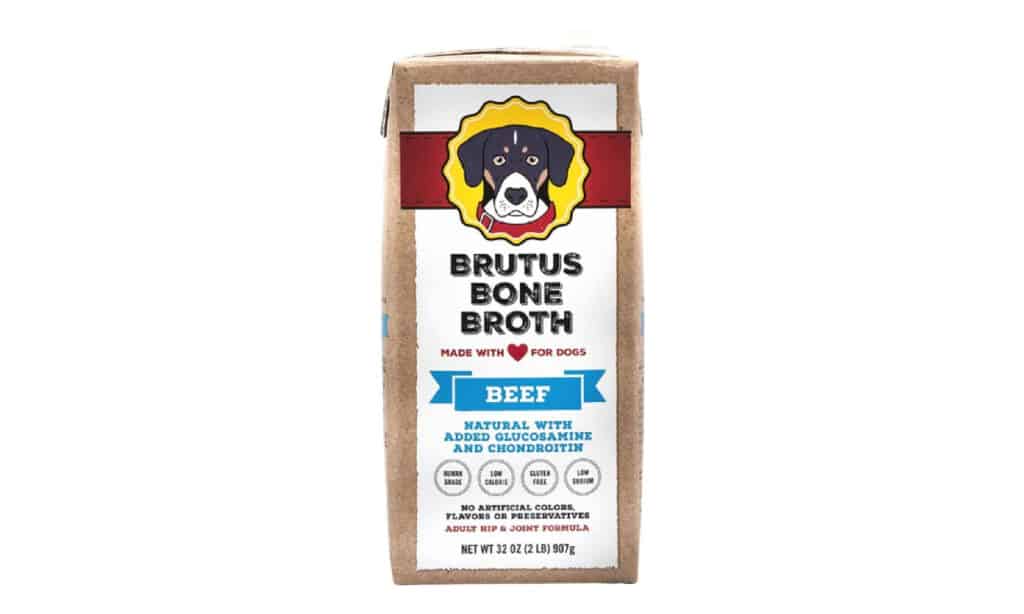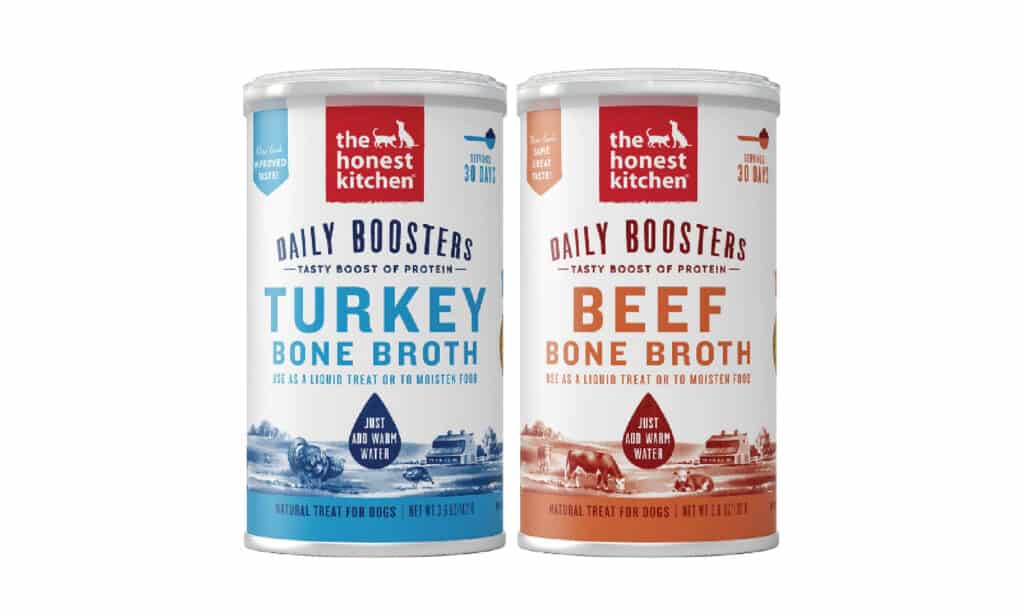As a dog owner, you may have wondered whether sharing your favorite beverage with your furry friend is safe. Green tea is a popular drink known for its numerous health benefits in humans, such as boosting metabolism, reducing the risk of heart disease, and aiding weight loss. But is it safe for dogs to consume? In this blog post, we will delve into the potential risks and benefits of giving your dog green tea, and whether it is a good idea to introduce it to your pet’s diet. So, let’s get started and find out if green tea is safe for our canine companions!
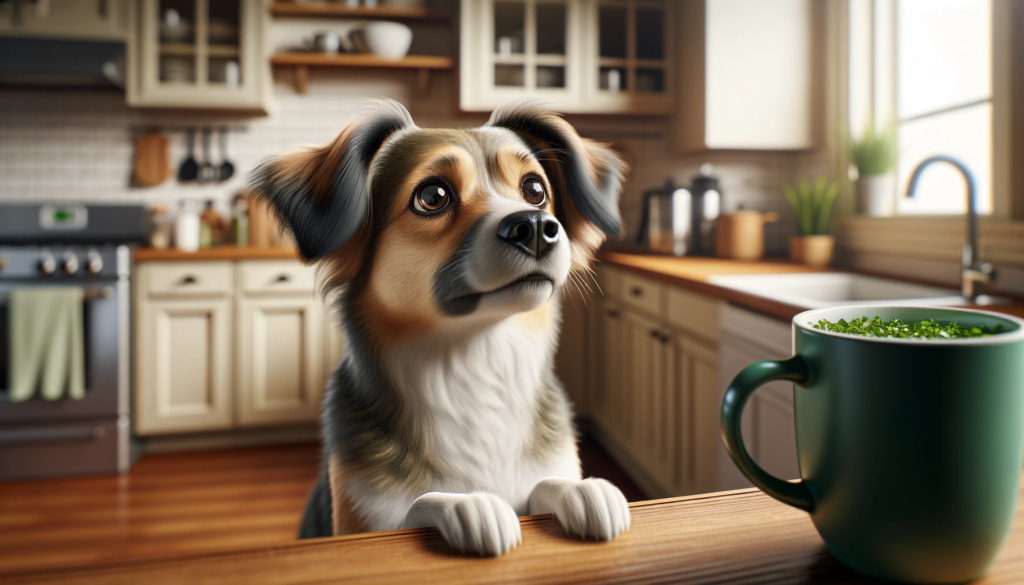
What is Green Tea?
Green tea is a type of tea that is made from the leaves of the Camellia sinensis plant. What sets green tea apart from other types of tea is that it undergoes minimal processing and is made from unfermented tea leaves. Green tea has more polyphenols, which have antioxidants and anti-inflammatory properties, due to minimal processing. The polyphenols in green tea are also responsible for its distinctive bitter taste.
Green tea has been consumed for centuries in various parts of the world, particularly in Asian countries such as China, Japan, and Korea. In recent years, green tea has gained popularity in Western countries due to its numerous health benefits. Green tea benefits: improved brain function, weight loss, lower risk of some cancers, and better dental health.
Green tea is a healthy beverage choice for humans, but the question remains whether it is safe for pups to consume. In the following sections, we will explore the potential risks and benefits of giving green tea to your canine companion.
Can Dogs Have Green Tea?
While green tea is generally safe for humans, the same cannot be said for dogs. While small amounts of green tea may not cause any harm to your pup, it is not recommended to give green tea to your canine companion.
Green tea contains caffeine, which is a stimulant that can cause adverse effects in dogs. Green tea has caffeine which even in small amounts can cause restlessness, rapid breathing, and seizures in dogs.. Additionally, green tea may contain other compounds that can be harmful to dogs, such as theobromine, which is also found in chocolate and can be toxic to dogs. Green tea can also hinder dogs’ nutrient absorption, causing deficiencies in calcium and iron.
It is best to avoid giving green tea to your dog and to stick to safe and nutritious foods and beverages that are specifically formulated for canine consumption.
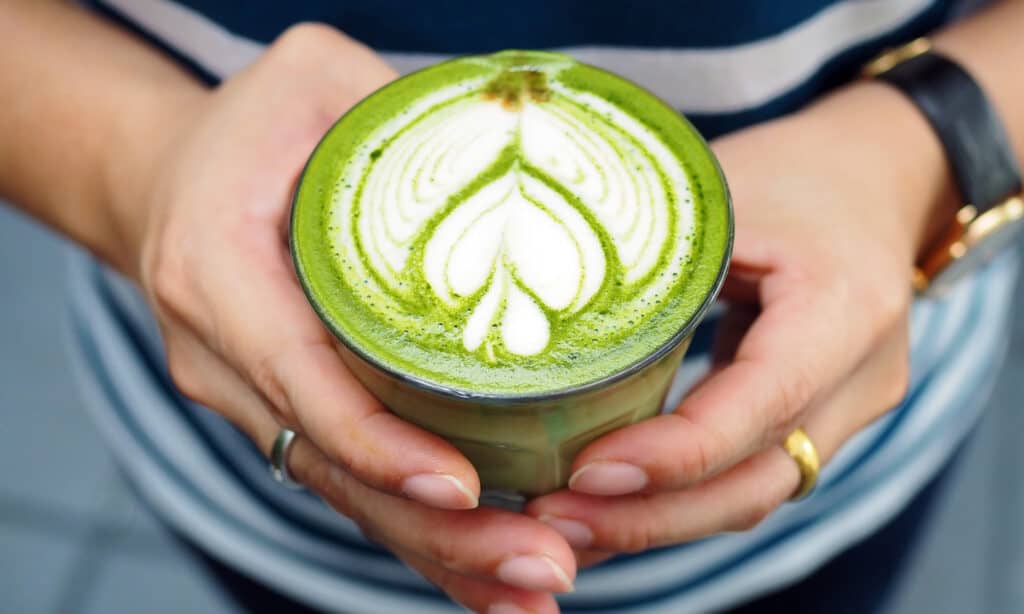
Can Dogs Have Decaf Green Tea?
Decaffeinated green tea is a type of green tea that has had most of its caffeine removed through a decaffeination process. Decaf green tea still not safe for dogs despite less caffeine.
While the caffeine content in decaf green tea is significantly lower than that of regular green tea, it can still cause adverse effects in dogs, especially in larger amounts. The decaffeination process can use harmful chemicals that may be toxic to dogs if ingested. Decaf green tea may harm dogs with toxic theobromine, also found in chocolate.
Even though a small amount of decaf green tea could be ok for your pup, is best to avoid giving green tea, as it can still pose potential health risks. Stick to plain water or dog-specific drinks to ensure a safe and nutritious beverage for your furry friend.
Harmful Ingredients in Green Tea:
Green tea contains several potentially harmful ingredients for dogs, including caffeine and theobromine.
Caffeine is a natural stimulant found in tea and coffee that can cause adverse effects in dogs. The amount of caffeine in green tea can vary depending on the type and brand of tea, but even small amounts can cause symptoms such as restlessness, agitation, rapid breathing, heart palpitations, and even seizures in some cases.
Theobromine is another compound found in green tea that can be toxic to dogs. Theobromine is also found in chocolate and can cause symptoms such as vomiting, diarrhea, restlessness, rapid breathing, and seizures in dogs.
Green tea contains tannins that may interfere with nutrient absorption in dogs, such as iron and calcium. Over time, this can lead to deficiencies in these essential minerals.
While green tea may be safe for human consumption in moderate amounts, it is important to remember that dogs have different metabolisms and are more sensitive to the effects of caffeine and other compounds found in green tea. Avoid giving green tea to dogs, opt for dog-specific foods and drinks instead.

Safe Ingredients in Green Tea:
Green tea contains many ingredients that are beneficial for humans, including polyphenols and catechins. These compounds have antioxidant and anti-inflammatory properties that can help protect our bodies from damage caused by free radicals. Some of the health benefits associated with green tea in humans include improved brain function, reduced risk of heart disease, and weight loss.
However, it is important to note that these ingredients may not be safe for dogs. Green tea contains caffeine and other substances that can be harmful to dogs, and their bodies may not be able to handle them as well as humans can. Plain water is always a good choice!
What Signs To Watch For If Your Dog Accidentally Ate A Lot of Green Tea?
Watch for adverse effects if your dog ingests a large amount of green tea accidentally. Some of the symptoms that may occur include:
- Restlessness or agitation
- Increased heart rate or palpitations
- Rapid breathing or panting
- Muscle tremors or seizures
- Vomiting or diarrhea
- Dehydration
- Increased thirst and urination
These symptoms can occur because of the high caffeine content in green tea, which can have a stimulant effect on dogs. In severe cases, ingesting a large amount of green tea can even be fatal for dogs. Contact your vet immediately if your dog ingests green tea or any harmful substance.
When or If You Should Go To The Vet?
If your dog has ingested a large amount of green tea or is displaying any symptoms of adverse effects, it is important to seek veterinary care right away. When in doubt about a substance’s safety for your dog, contact your vet. Better to be safe than sorry.
Your veterinarian can provide guidance on what steps to take next and may recommend bringing your dog in for an examination and treatment. Your vet may induce vomiting or give medicine to counteract the substance’s effects, depending on your dog’s symptoms.
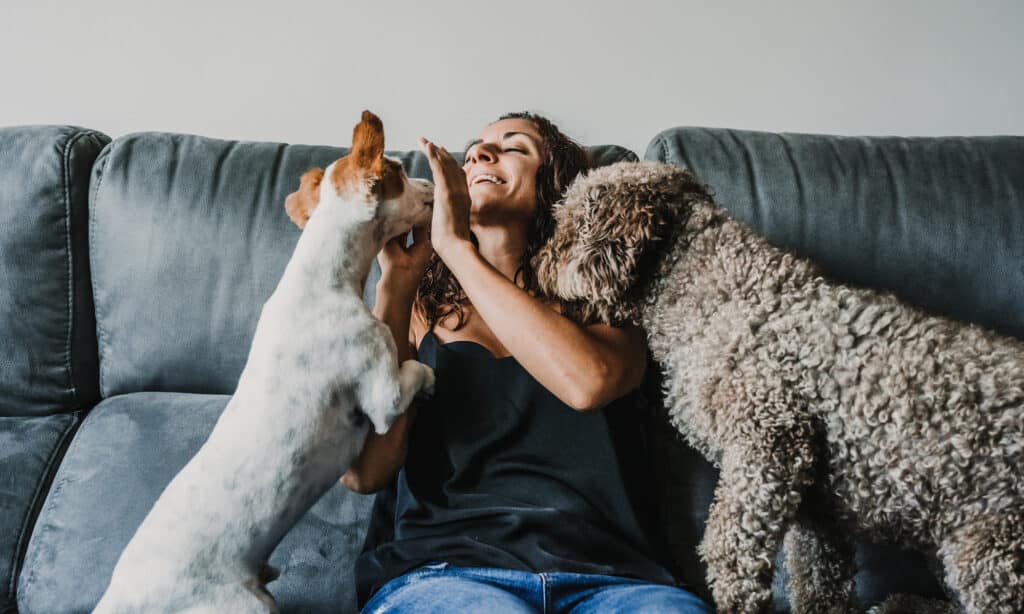
Safe Dog-Friendly Alternative to Green Tea:
Safe and healthy options for dog-friendly drinks instead of green tea are available. Here are a few ideas:
- Plain water: The best and most essential beverage for dogs is plain water. Always make sure that your dog has access to clean and fresh water at all times.
- Bone Broth: Bone broth is a nutritious and flavorful drink that can be made from animal bones and vegetables. It is rich in vitamins, minerals, and amino acids that can benefit your dog’s overall health.
- Herbal Tea: Dogs can safely drink herbal teas like chamomile, ginger, and peppermint in moderation. These teas have soothing and calming properties that can help with digestion and relaxation.
- Coconut Water: Coconut water is a refreshing and hydrating drink that can benefit your dog’s health. It is rich in electrolytes and minerals that can help replenish fluids and nutrients lost during exercise or hot weather.
- Dog-Specific Beverages: There are also several dog-specific beverages available on the market, such as doggy sports drinks and vitamin-enhanced waters.
In summary, there are many safe and healthy alternatives to green tea that you can offer your dog.
Healthy Store-Bought Options:
Giving green tea to dogs is not recommended, despite being a healthy and beneficial beverage for humans. Green tea is harmful to dogs due to caffeine and other compounds that their bodies can’t tolerate like humans.
If you are looking for a safe and healthy beverage to share with your furry friend, there are many alternatives to choose from, including bone broth, herbal tea, coconut water, and dog-specific drinks. Always consult with your veterinarian before introducing any new food or beverage to your dog’s diet to ensure that it is safe and appropriate for your pet.
If you suspect that your dog has ingested green tea or any other potentially harmful substance, it is important to seek veterinary care immediately to prevent any serious or life-threatening effects. Provide your dog with safe and nutritious food and beverages specifically formulated for canine consumption to prioritize their health and safety.
~Lindsie

